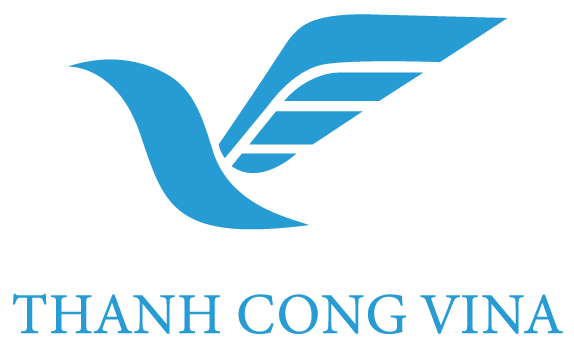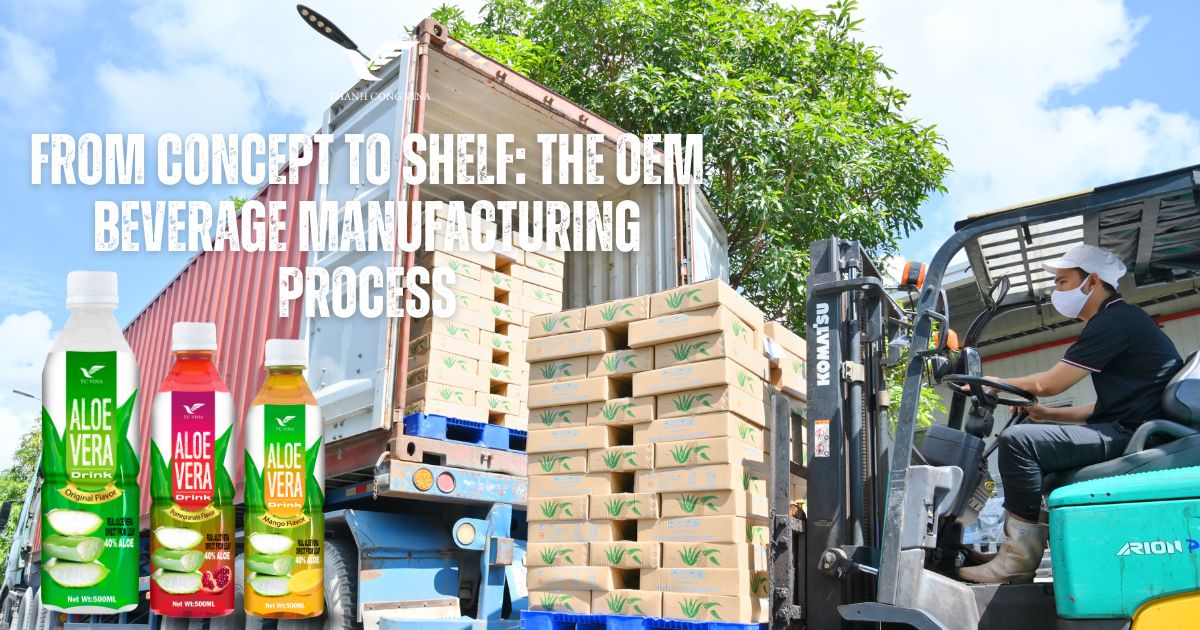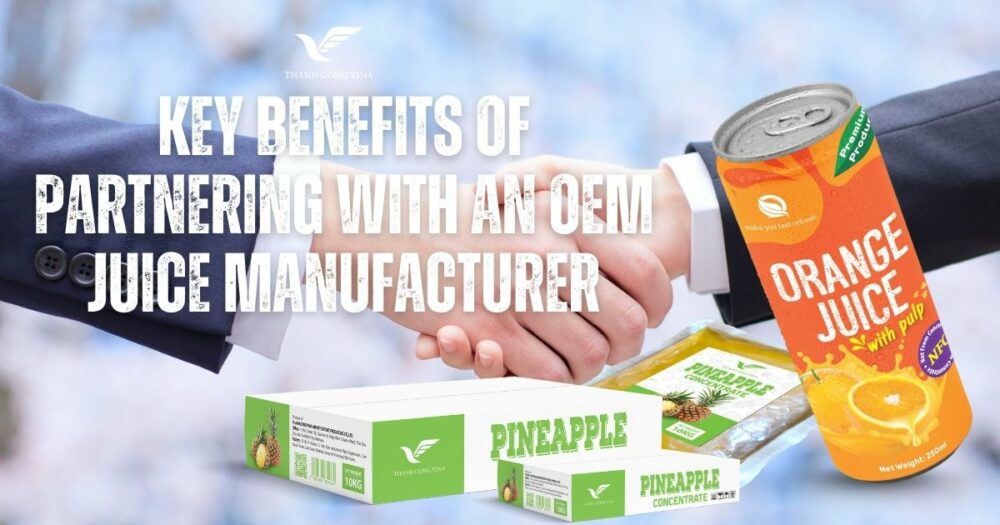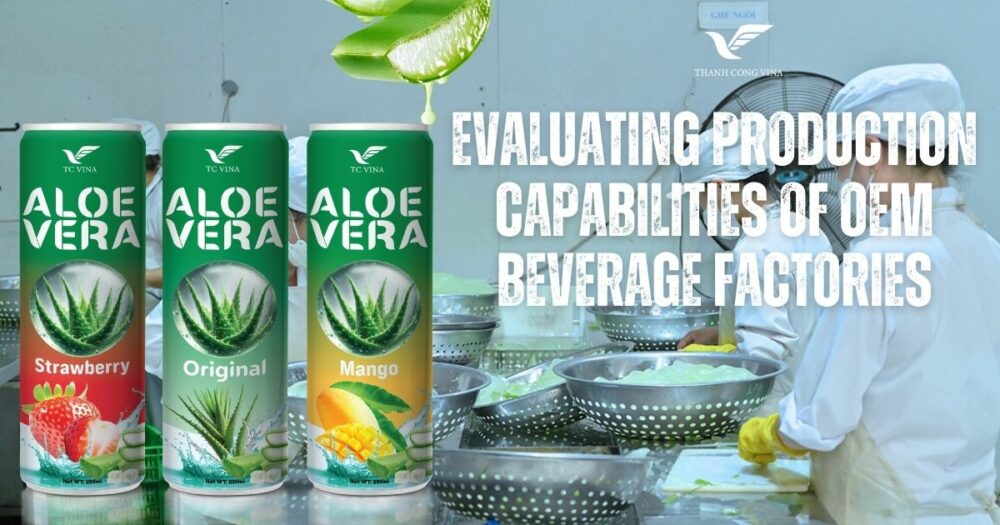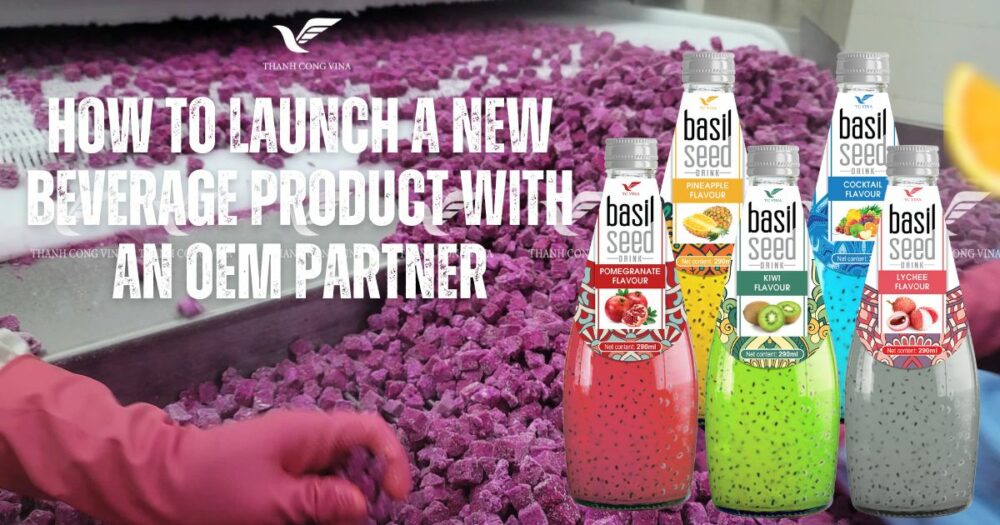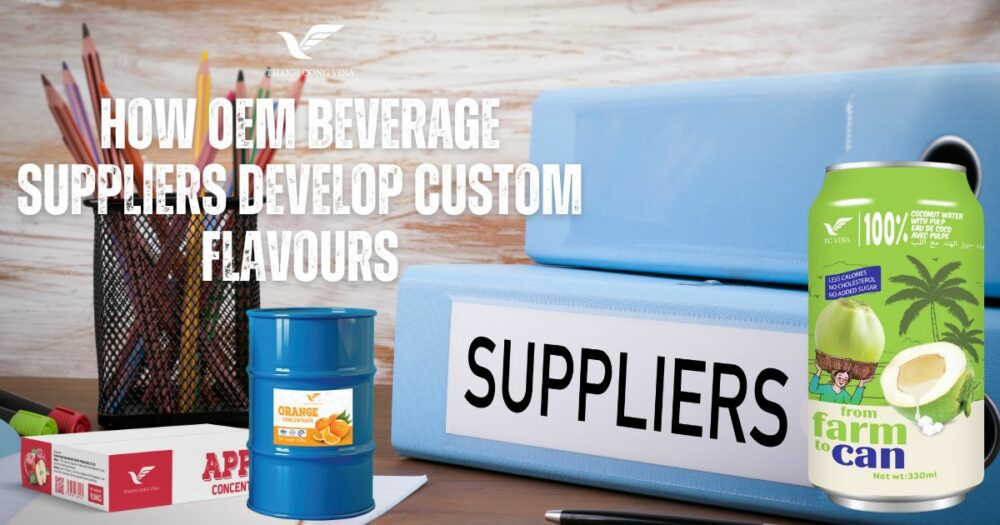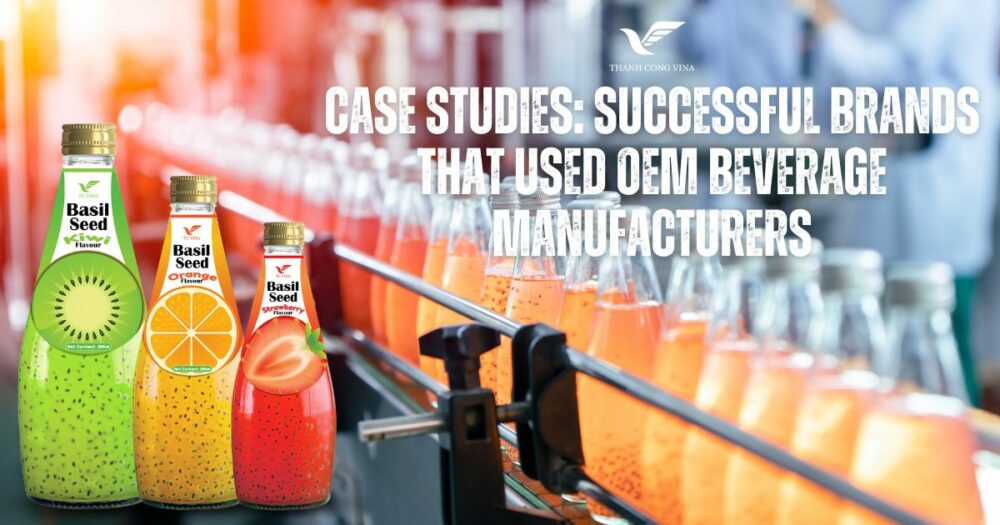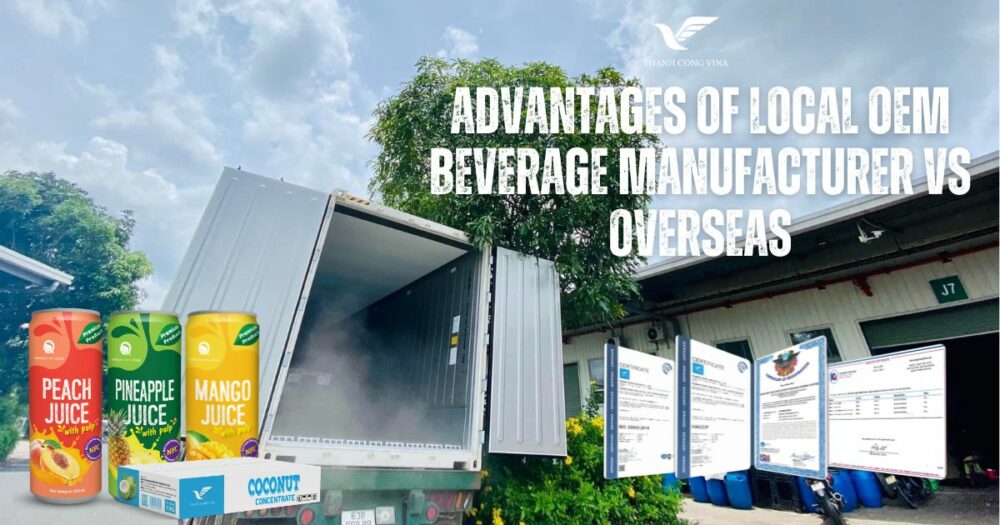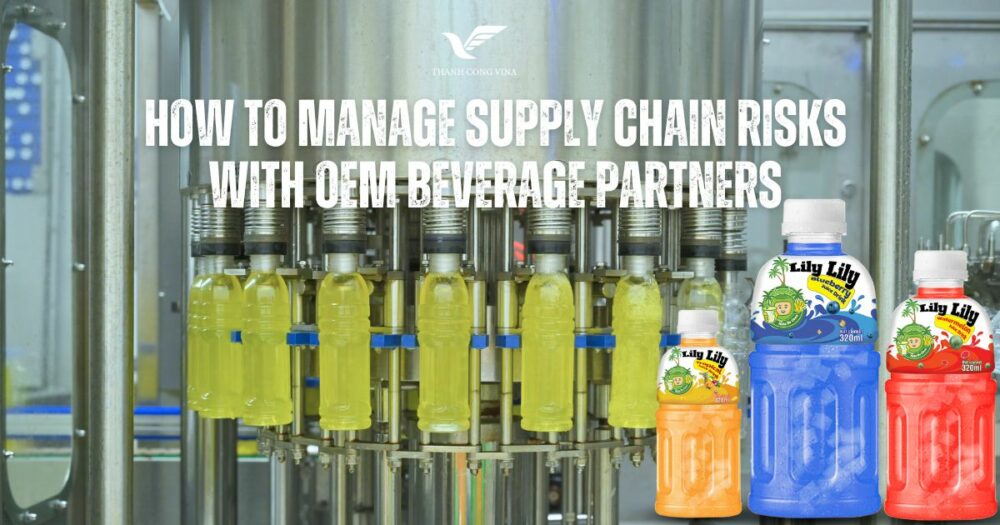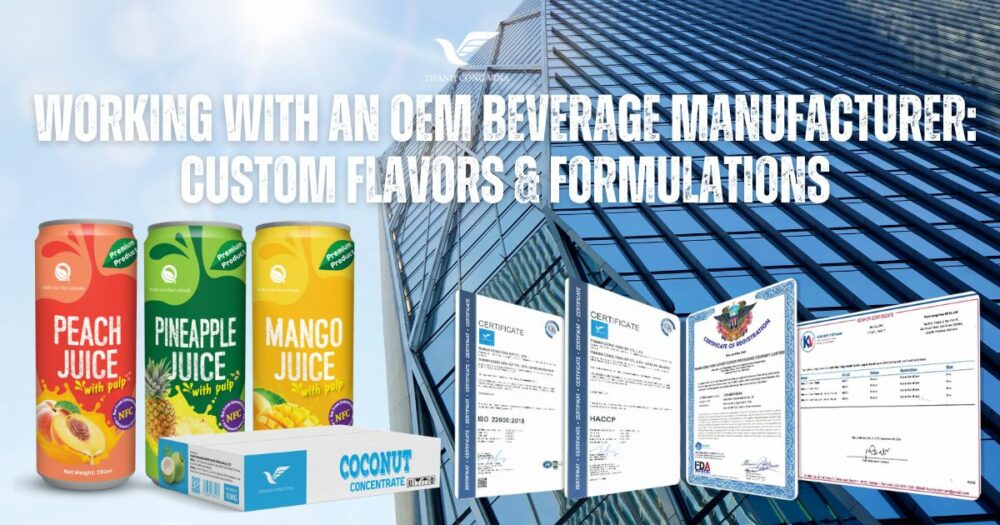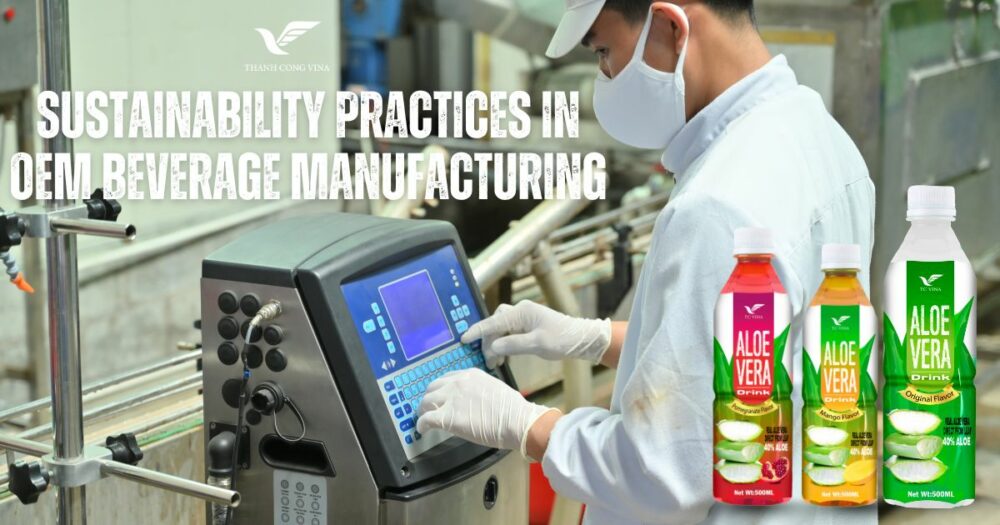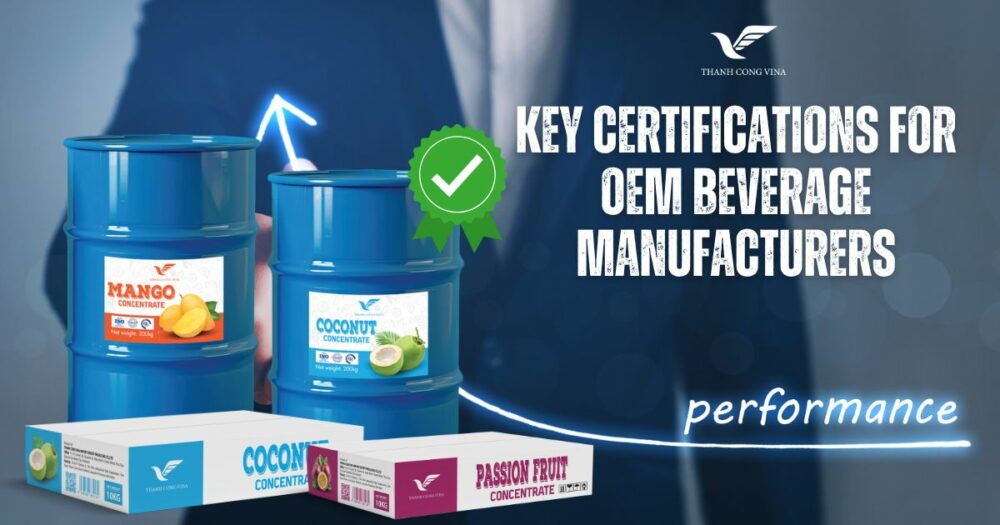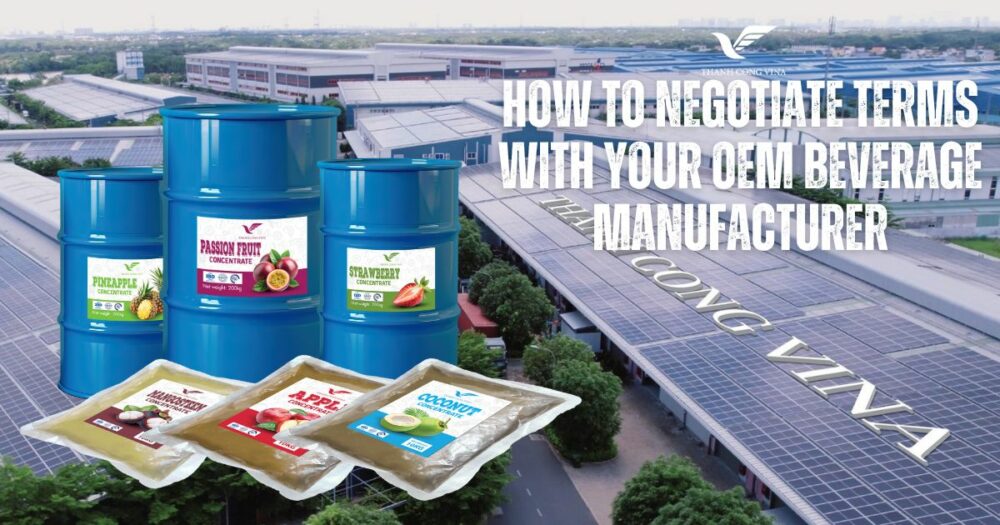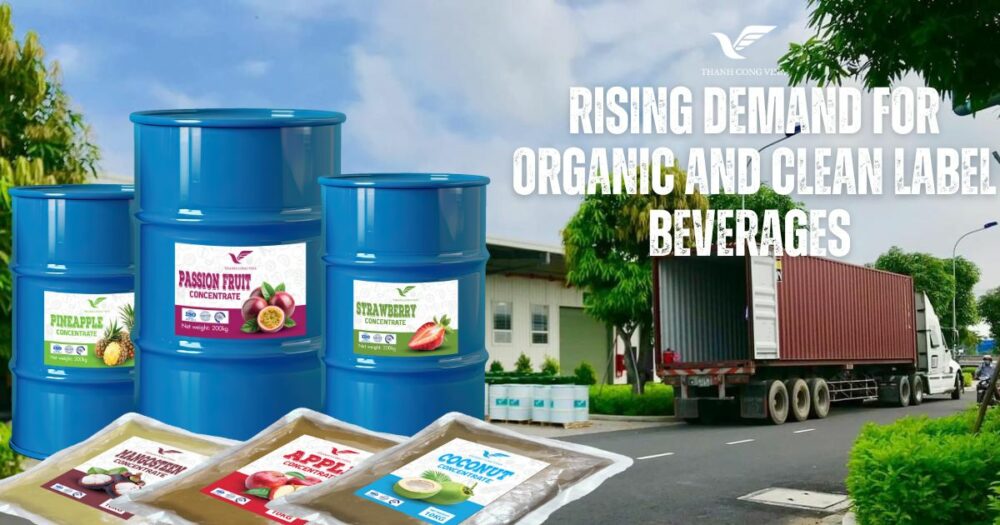Bringing a beverage idea to life involves more than just flavor — it requires a structured process that ensures consistency, safety, and scalability. For many global brands, OEM beverage manufacturing (Original Equipment Manufacturing) offers the ideal pathway to turn product concepts into market-ready drinks efficiently. Through OEM partnerships, brands can focus on marketing and growth while manufacturers handle research, formulation, bottling, packaging, and distribution. Vietnam, in particular, has become a rising star in OEM beverage manufacturing due to its advanced facilities, skilled workforce, and cost-effective production capabilities. This article explores every step of the OEM beverage manufacturing process — from concept development to product delivery — and provides insights into how working with the right manufacturer can help businesses achieve excellence in quality, innovation, and brand identity. Whether you’re a startup or a global beverage company, understanding this process is essential for long-term success in today’s competitive market.
1. Understanding OEM Beverage Manufacturing
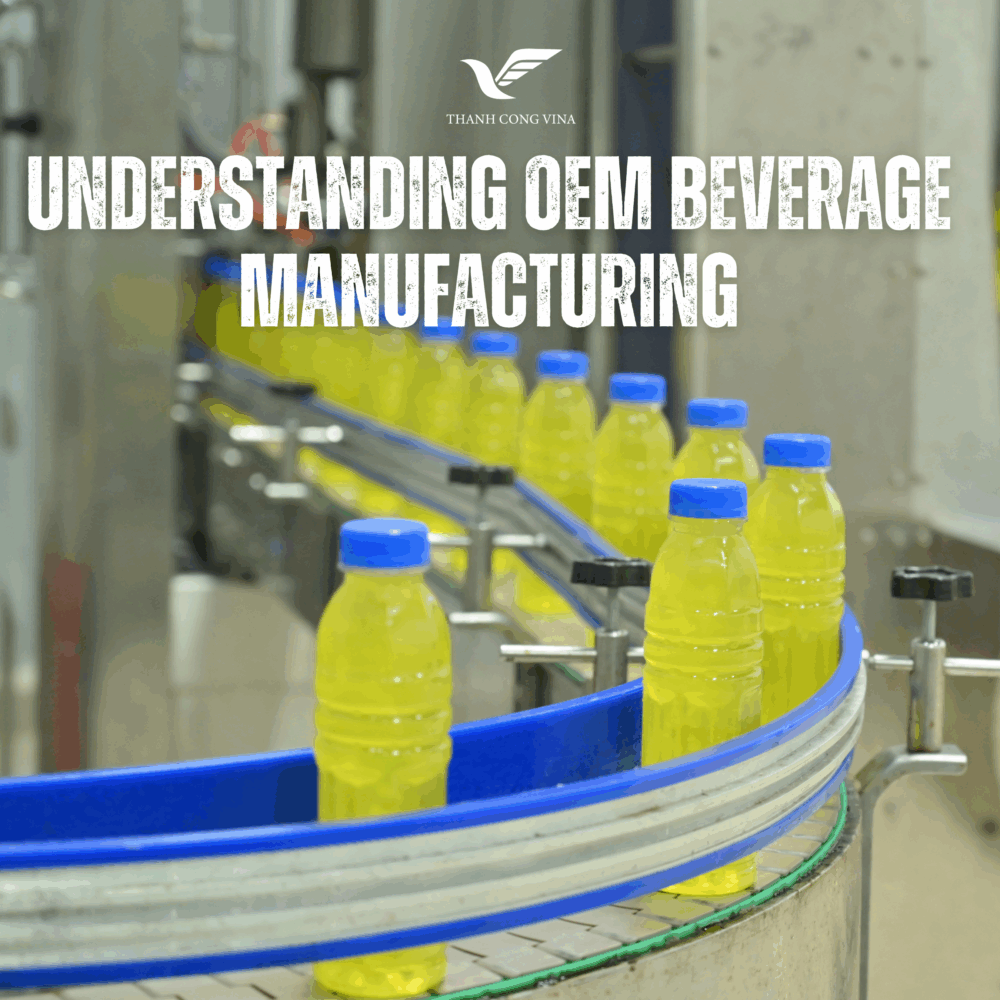
Undersanding OEM Beverage Manufacturing
What Is OEM Beverage Manufacturing?
OEM beverage manufacturing refers to a production model in which a third-party manufacturer produces beverages according to a brand’s specific requirements. This includes developing recipes, sourcing ingredients, processing, bottling, labeling, and packaging under the client’s brand name. OEM manufacturing enables businesses to enter the market quickly without building their own factories, thus saving time, capital, and resources.
Why Companies Choose OEM Manufacturing
Beverage brands often choose OEM solutions to leverage professional manufacturing capabilities, ensure consistent quality, and meet large-scale production demands. OEM partners already possess certifications such as HACCP, GMP, or ISO, which guarantee compliance with international standards. This not only reduces risk but also gives companies the flexibility to launch new beverage lines — including juices, teas, or energy drinks — with confidence.
The Growing Importance of OEM in Global Markets
As beverage trends shift toward health, convenience, and sustainability, OEM manufacturers play a crucial role in helping brands innovate and adapt quickly. From plant-based drinks to low-sugar alternatives, OEM production allows brands to experiment with new concepts and respond rapidly to consumer preferences.
2. Stage One: Concept Development and Market Research
Identifying Market Opportunities
The first stage of the OEM beverage manufacturing process begins with market research. Brands collaborate with manufacturers to study consumer trends, target demographics, and competitive landscapes. Whether the goal is to produce a vitamin-infused water or a tropical fruit juice, understanding what appeals to consumers ensures a successful launch.
Formulating the Product Vision
After identifying a target market, the next step involves defining the beverage concept — including flavor profile, ingredients, nutritional benefits, and packaging style. This phase also considers dietary preferences such as vegan, gluten-free, or low-calorie options. OEM manufacturers often have in-house R&D teams that guide clients in selecting suitable ingredients and flavor combinations.
Cost Estimation and Feasibility Study
Before production begins, OEM manufacturers provide a feasibility report outlining production costs, raw material availability, packaging choices, and expected lead times. This step helps brands align their budgets and timelines with realistic expectations, reducing financial and operational risks.
3. Stage Two: Research and Development (R&D)
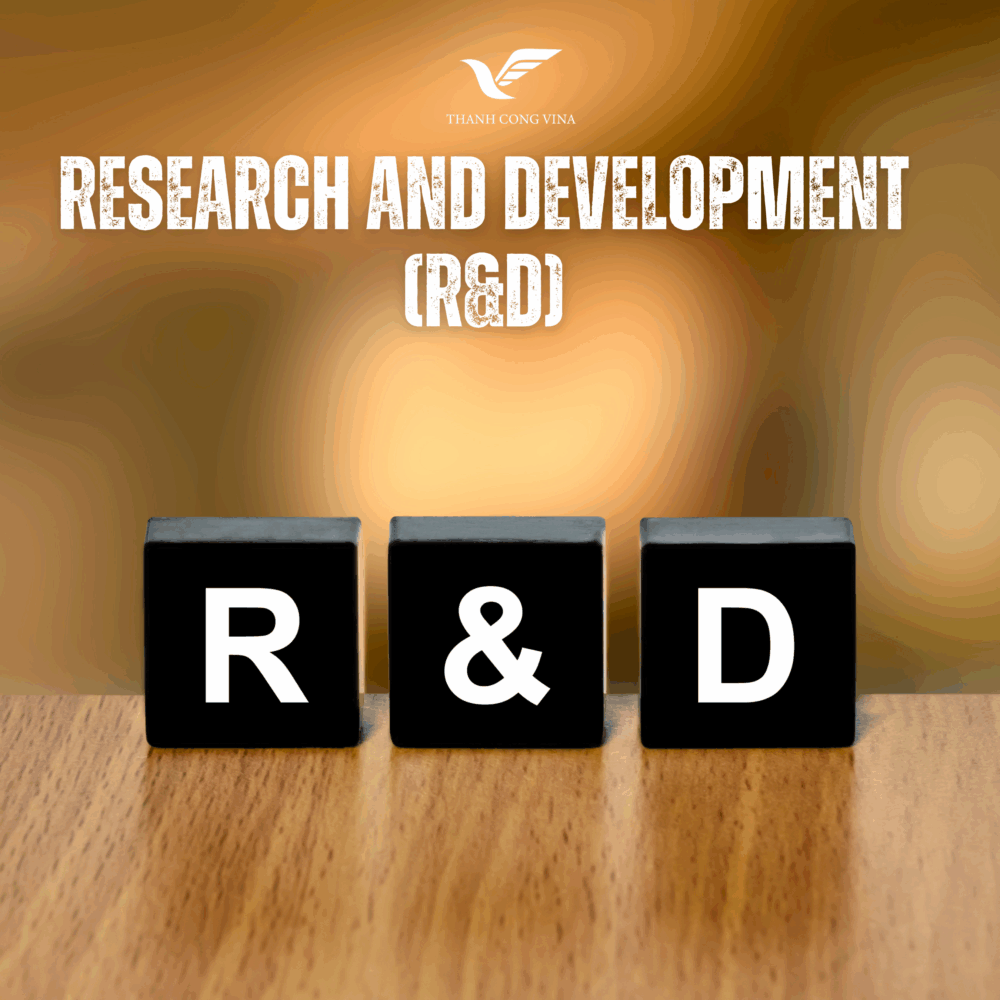
Research and Development (R&D)
Recipe Development and Ingredient Testing
In the R&D phase, the manufacturer’s laboratory formulates beverage samples based on the brand’s vision. This includes experimenting with sweeteners, natural extracts, stabilizers, and preservatives to achieve the perfect balance of flavor and shelf stability. Samples are tested for pH, color, viscosity, and sensory appeal before moving to the next step.
Regulatory and Safety Compliance
Compliance is a crucial part of OEM beverage manufacturing. The R&D team ensures all ingredients meet local and international food safety regulations. Manufacturers that export globally must comply with standards set by authorities such as the FDA (United States) or EFSA (Europe). Labels, nutrition facts, and allergen declarations are also verified for accuracy.
Pilot Production and Product Validation
Once the formula is finalized, small-scale pilot runs are conducted to test consistency and performance under real production conditions. This stage allows for fine-tuning before mass production begins, ensuring that every bottle produced later meets the same high standards.
4. Stage Three: Sourcing and Supply Chain Management
Ingredient Procurement
High-quality raw materials are the foundation of a successful beverage. OEM beverage manufacturers establish relationships with trusted suppliers to source fruits, herbs, and additives. In Vietnam, many OEM factories benefit from access to abundant local ingredients such as mango, coconut, aloe vera, and passion fruit, ensuring freshness and sustainability.
Packaging Materials and Design
OEM manufacturers offer a range of packaging options including glass bottles, PET bottles, aluminum cans, and Tetra Pak cartons. Branding and label design are tailored to reflect each company’s unique identity. Packaging choices also consider shelf life, transportation durability, and eco-friendly options to appeal to environmentally conscious consumers.
Quality Assurance and Supply Chain Integration
A strong supply chain ensures timely production and delivery. OEM beverage manufacturers implement strict quality assurance (QA) and quality control (QC) systems at every stage — from ingredient sourcing to final inspection — to maintain consistency and traceability.
5. Stage Four: Production and Manufacturing
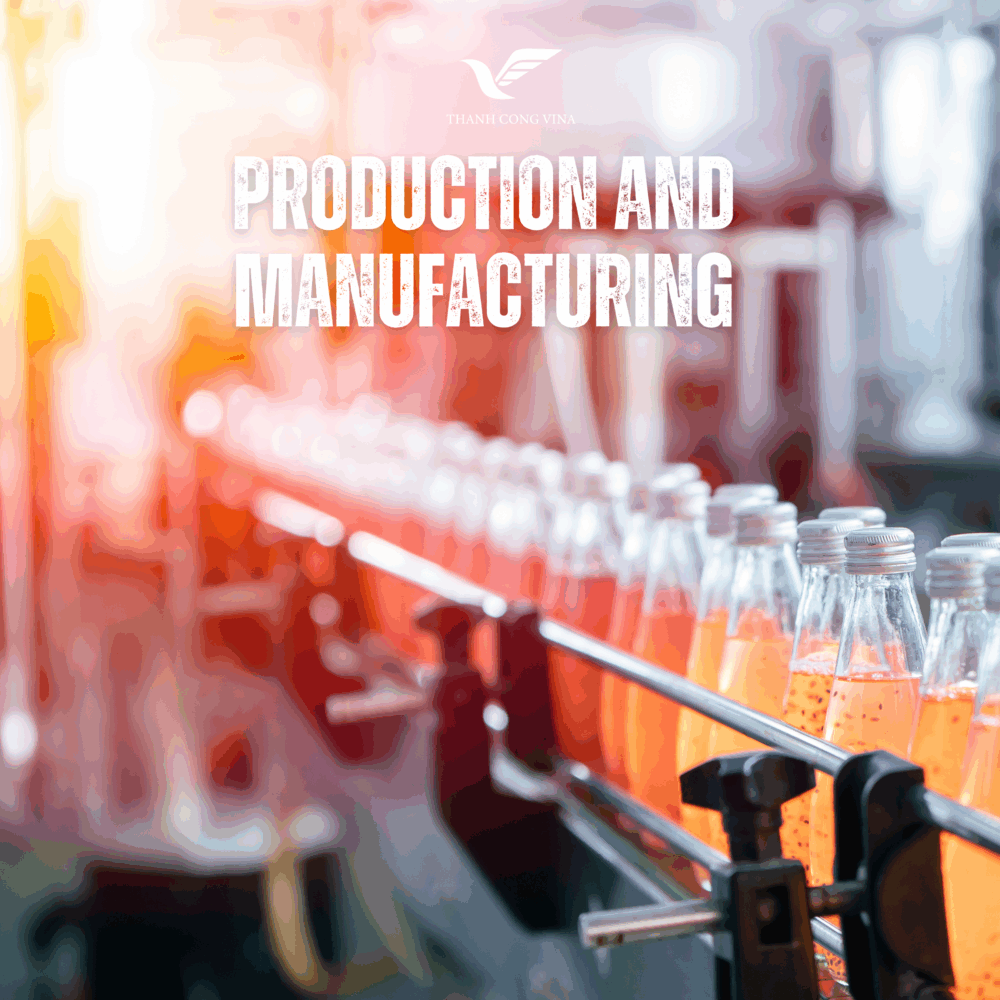
Production and Manufacturing
Beverage Processing and Mixing
Production begins with the precise mixing of ingredients according to the approved formula. Advanced blending and pasteurization technologies are used to ensure taste consistency and microbial safety. The process may include filtration, homogenization, and sterilization depending on the beverage type.
Bottling, Filling, and Labeling
Modern OEM facilities use automated filling lines to maximize efficiency and hygiene. Bottling systems ensure accurate volume control, while labeling machines apply custom designs with precision. The entire process takes place in cleanroom environments to prevent contamination.
Final Quality Control Checks
Before shipment, each batch undergoes rigorous QC tests — including microbial analysis, sensory evaluation, and packaging inspection. Products that meet all specifications receive batch approval for distribution, ensuring that every drink reaching the consumer is safe, consistent, and high-quality.
6. Stage Five: Packaging Design and Branding Support
Designing for Market Appeal
In today’s crowded beverage market, visual identity is as important as flavor. OEM manufacturers often collaborate with design experts to create packaging that stands out on shelves. Factors like color psychology, typography, and sustainability influence the final design.
Private Label and Customization Options
One major benefit of OEM manufacturing is private labeling, which allows brands to fully customize their products — from formulation and packaging to logo and label. This flexibility helps startups build strong brand recognition without managing in-house production.
Ensuring Compliance in Labeling and Export
Labels must comply with international regulations, including ingredient lists, nutrition facts, barcode placement, and expiration dates. OEM partners help brands navigate these complex requirements to avoid delays or penalties during export.
7. Stage Six: Logistics, Storage, and Global Distribution
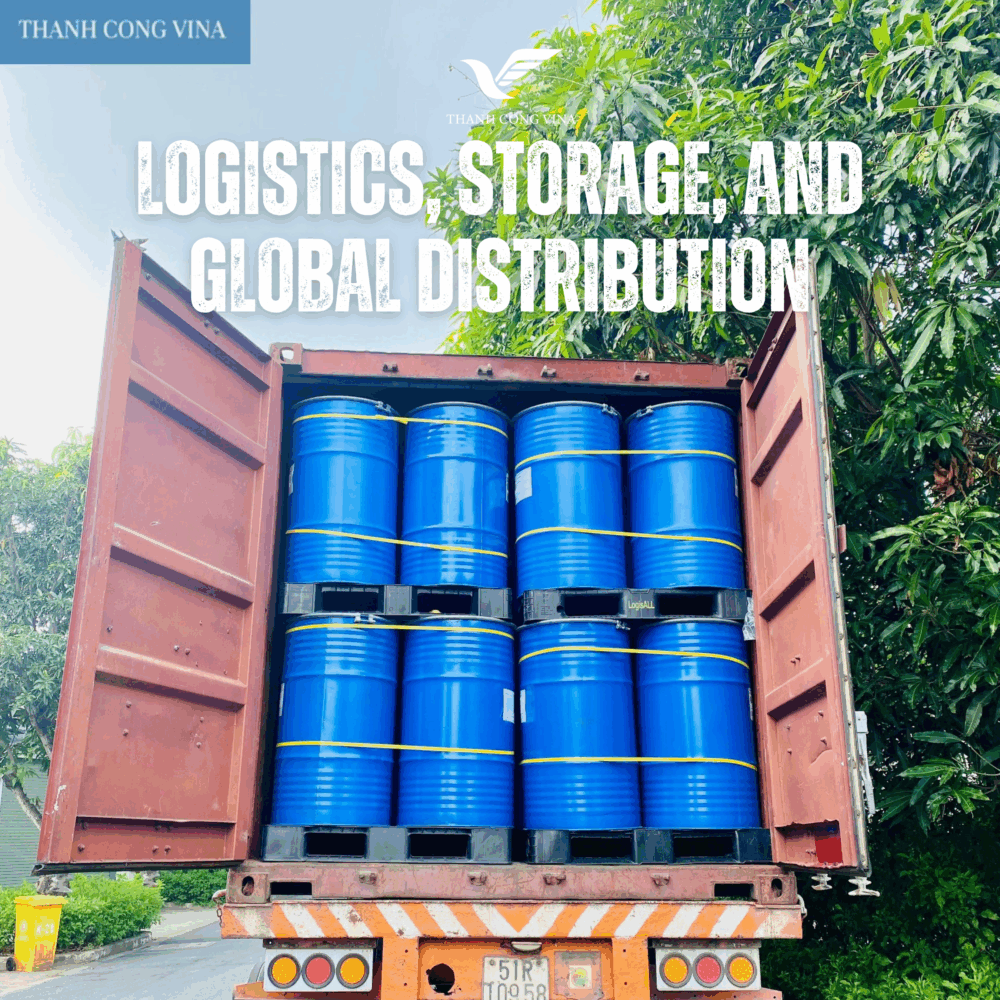
Logistics, Storage, and Global Distribution
Warehousing and Inventory Management
OEM beverage manufacturers offer warehousing facilities for product storage before shipment. Temperature control and humidity monitoring help preserve product quality. Efficient inventory systems track batches to ensure traceability.
Export and Shipping Coordination
Vietnam’s well-developed logistics network and international ports like Ho Chi Minh City and Hai Phong facilitate efficient export operations. OEM manufacturers assist with customs paperwork, freight booking, and documentation required for global trade.
Post-Production Services
Many OEM beverage manufacturers offer after-sales support, including reordering, reformulation, and marketing consultation. This long-term partnership ensures continuous product improvement and adaptation to market changes.
8. Future Trends in OEM Beverage Manufacturing
Technological Advancements
Automation, AI-driven quality control, and IoT-enabled machinery are revolutionizing the OEM beverage industry. These innovations enhance precision, reduce waste, and improve sustainability.
Growing Demand for Functional and Healthy Beverages
Consumers increasingly seek beverages with health benefits — from detox drinks and vitamin waters to plant-based options. OEM manufacturers are adapting to these trends by offering flexible production lines and clean-label formulations.
Sustainability and Green Production
Environmental responsibility is now central to OEM operations. Manufacturers are adopting recyclable materials, energy-efficient technologies, and waste-reduction strategies to meet sustainability goals and support eco-conscious brands.
Conclusion
The OEM beverage manufacturing process — from concept to shelf — represents a collaborative journey of creativity, technology, and precision. Each stage, from research and development to packaging and logistics, plays a critical role in transforming an idea into a successful product. Choosing the right partner is essential, and Thanh Cong Vina IEP CO., LTD exemplifies the qualities that define excellence in OEM beverage production.
With extensive experience, modern equipment, and a commitment to global standards, Thanh Cong Vina provides comprehensive solutions for brands seeking to launch or expand their beverage lines. By combining innovation with sustainability, the company helps partners create products that resonate with modern consumers while ensuring cost efficiency and consistent quality. In a rapidly growing global market, working with a trusted OEM manufacturer like Thanh Cong Vina is the key to achieving both commercial success and brand longevity.
